“I have noticed that Romanians spend around 5 seconds to choose a product. This shows that the brand is present in the mind of the consumer, and that’s where the real competition is, instead of the market. Marketers should focus exclusively on the consumer. Historically, brands and real estate properties are the only assets that increased”, said Colin Egan.
Wall-Street: What was your first impression when you arrived in Romania?
Colin Egan: It was a short visit, but what I’ve noticed was people’s openness to new ideas
Wall-Street: How easy is now to get a brand off the ground?
Colin Egan: I can say that it is much easier to build a global brand from scratch now than it used to be. And that thanks to the media and social media in particular. The positive side of the social media is the fact that you can have your brand visible on a variety of social sites such as Facebook. But there is a downside too: you can’t gain full control over social media. You can’t control users’ feedback.
Wall-Street: What the future holds for brands?
Colin Egan: It looks bright, because consumers love brands. Recession is part of life, part of an economic cycle, but it will end at a certain point. We must look into the future. We perceive brands like Google, Facebook that have a promising future ahead of them. But as for Twitter, things look differently. Time will tell whether Twitter is a success model or not, because sooner or later it will still have to generate money.
Wall-Street: People love brands, but they are also willing to dispose of them. What would make a consumer stop using a brand?
Colin Egan: They stop using a brand for a variety of reasons – the erosion of the brand’s credibility after a round of rebates – or the fact that people are aging. And here is the case of Mercedes and BMW, the two brands having customers from different age groups. At a certain point, people change their preferences. Or, we can speak of a new product category.
Wall-Street: What are the common mistakes companies make when building a brand?
Colin Egan: For example, Coca Cola decided some time ago to change the taste of its cola drink to look more like Pepsi’s. The consumers however, rejected the idea. The main reason such large brands face challenges is the loss of focus on consumers.
Wall-Street: How long does it take to facelift a damaged brand?
Colin Egan: Brands are like Chinese porcelain. They are as beautiful as they are fragile. It takes time to build a solid brand, but it takes less than 2 minutes to kill it. We have an example of such brand that hasn’t yet recovered from a scandal: Perrier. They had a problem with a production unit and failed to come out and give an explanation for the incident when the time was right. Soon after, they had to shut down the facility and start all over again from scratch. When the products returned to supermarkets’ shelves, things weren’t the same anymore. Therefore, in case of FMCG companies, the problem rests in the distribution of products.
Citeste si:
Calculator Salariu: Află câți bani primești în mână în funcție de salariul brut »
Te-ar putea interesa și:












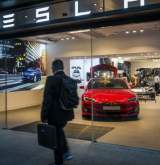




















































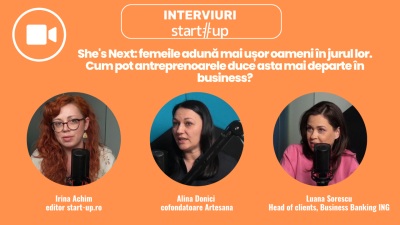
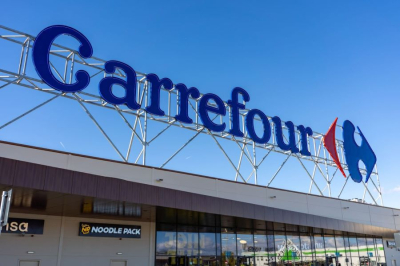
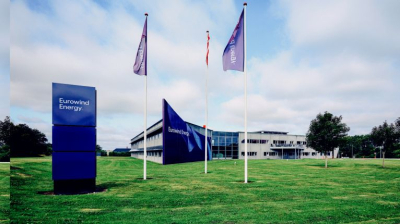






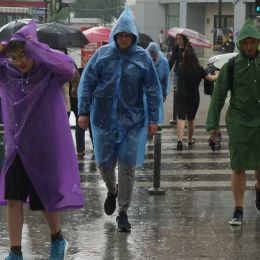






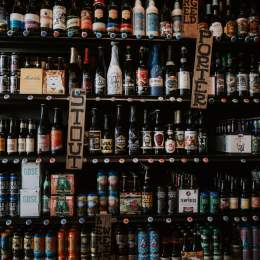
![HR [PLAY] Tech Workout - 11...](https://www.wall-street.ro/image_thumbs/thumbs/973/973fe0a3888d417feff63de42e814180-260x260-00-65.jpg?v=1713862833)









